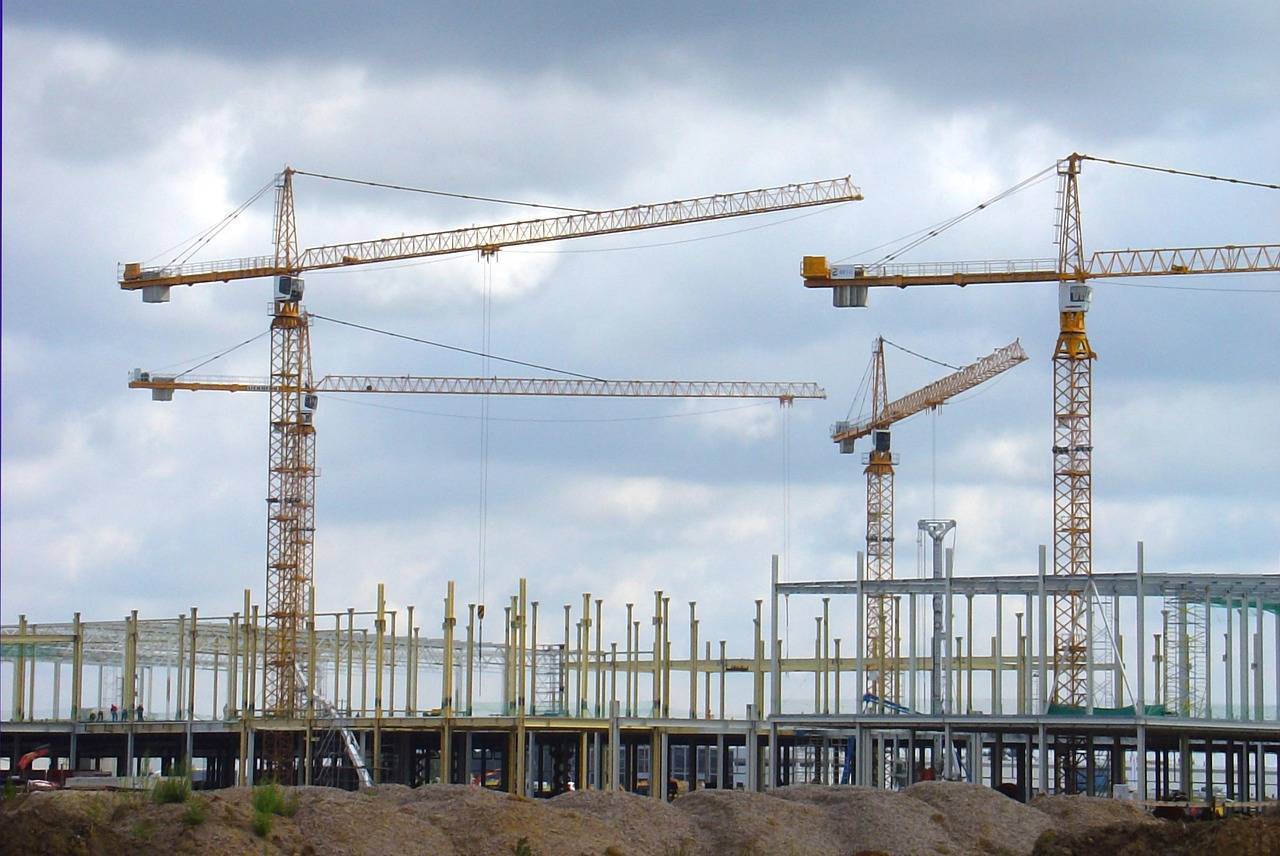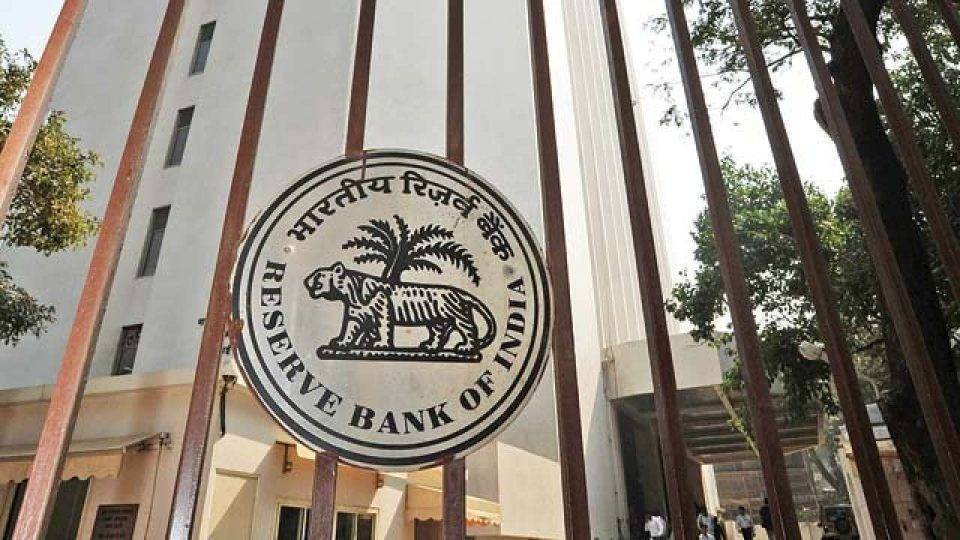Residents of several affordable housing projects in Gurugram are protesting against developers over unfulfilled promises, with the absence of 24-metre-wide access roads emerging as the central issue. According to Hindustan Times, families living in these societies are also facing poor infrastructure, unsafe conditions, and a lack of essential services, leading to widespread frustration.
Projects developed under the Haryana Affordable Housing Policy and Deen Dayal Jan Awas Yojana (DDJAY) have been at the centre of these disputes. From Signature Global City in Sector-37D to ROF Alante in Sector-108 and Pyramid Urban Homes in Sector-86, residents allege that while developers marketed grand plans on paper, the ground reality remains incomplete and inadequate.
At Signature Global City Phase-1 in Sector-37D, families who took possession of flats in 2024 are struggling with inadequate road connectivity. The builder had promised four 24-metre-wide approach roads to the Dwarka Expressway. At present, only a single 8-metre revenue road is operational, and it remains in poor condition.
According to residents, including Sanjay Gupta and Meena Sharma, the lack of proper access has made it difficult for schoolchildren and elderly members of the community to move safely. They pointed out that two of the proposed roads are under the jurisdiction of the Haryana State Industrial & Infrastructure Development Corporation (HSIIDC), while the others run through agricultural land. This has left the society dependent on one congested and damaged route that is prone to accidents and safety risks after dark.
A company representative from Signature Global maintained that the organisation is in discussions with government agencies to resolve the issue and that land acquisition challenges are the main hurdle. Residents, however, remain unconvinced, citing day-to-day hardships as proof of inaction.
In Sector-108, the residents of ROF Alante face a similar situation. The society, which has 728 flats, began handovers in early 2025. The promised 24-metre access road has not been completed, and in July, a section of the road was blocked by locals, further complicating matters. Families now rely on makeshift routes for entry and exit.
Residents such as Anil Kumar and Priya Yadav have also highlighted another major challenge—water scarcity. The absence of a reliable water supply has added to the difficulties of daily life. They said that without access roads and essential services, the project has failed to provide even basic living conditions.
ROF’s General Manager of Facilities, Alok Srivastava, stated that the disputed stretch is a Municipal Corporation of Gurugram (MCG) revenue road and that work would be initiated soon to restore connectivity. He added that the company would bear the expense of repairs to ensure safety and smooth access.
In Sector-86, residents of Pyramid Urban Homes-2 have been living with unresolved concerns since 2019, when possession began. Nearly 800 families occupy the project, but several have complained about the absence of CCTV cameras, parking spaces, and adequate security.
Residents such as Ved Veer Singh and Ajay Gautam have also drawn attention to charges being levied by the developer, despite the affordable housing policy prohibiting maintenance costs during the initial five years. Families claim that they are paying additional sums for facilities that are either incomplete or missing altogether.
Legal experts underline that under Section 11(4)(d) of the Real Estate (Regulation and Development) Act, 2016, developers are obligated to provide and maintain essential services until the association of allottees assumes responsibility. Advocate Himani Bhadauria noted that granting occupancy or completion certificates does not necessarily confirm that essential services are available, as seen in multiple Gurugram projects. She said that the absence of fundamental services like road access or water supply undermines the very purpose of granting possession.
The recurring disputes over missing roads, maintenance charges, and incomplete facilities reveal deeper governance challenges in Gurugram’s affordable housing sector. Residents question how occupation certificates were issued for projects where approach roads and services were clearly absent. The matter has highlighted the need for stricter enforcement of RERA provisions and closer oversight of approvals by the Directorate of Town and Country Planning (DTCP) and local authorities.









.png)